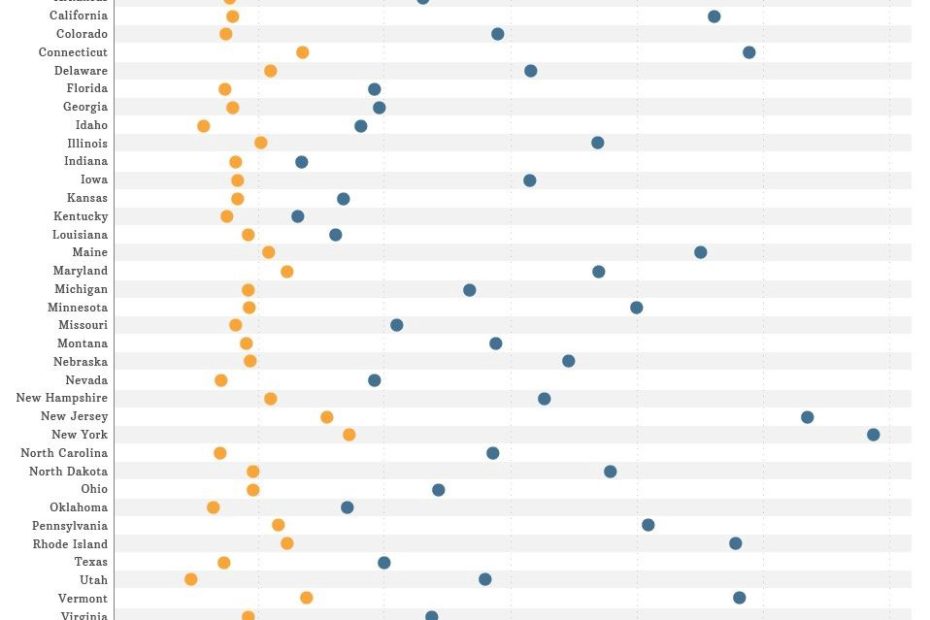Dec 18, 2019 · 3 min read
Prisons & Prisoners for Profit — What is the Prison Industrial Complex?
 Kerati Apilakvanichakit
Kerati Apilakvanichakit
It’s not quite as simple as black people go to jail more often and receive longer sentences but almost..
Food fairs, valentine’s day flowers, water bottle canteens and car washes were fundraisers back in grade-school that required cooperation between two parties. Now I’m not too sure if Gen Zs still do it like we did it back in the day when trying to raise money, but students participating in student-body government work alongside school administrators, often teachers and faculty whom oversee the liaison organization. School officials essentially act as bureaucrats authorizing the student-body to do certain things in granted ways. The officials set the rules or advise you of what the rules are, what you can and can’t do, what you can and can’t sell, what you can and cannot profit from. These fundraisers are short-term business ideas geared to make money, implemented by two cooperating parties — school officials & doers. You can’t just start selling volumes of spam musubi out the gates, you need permits for that kind of stuff.
Buddying up with the officials is a good idea if you have a request that is unusual and may not easily be approved. Lining the pockets of politicians through lobbying has been occurring since the beginning of democracy — first world countries like the United States are by no means an exception. Legislation in favor of your business presents itself as an excellent opportunity.
Capitalism will seep through and anchor itself like a redwood tree’s roots where there is profit to be made. Once matured and settled, it becomes increasingly challenging to uproot a system designed to absorb as much resources and profit as possible.
There is a deep and highly-complex structural issue with the United States federal prison system and state penitentiaries, spotlighting one of the consequences when combining capitalism with lousy legislation and human’s inability to judge fairly.
What is plain and simple is there are private prisons that exists to make money through mass incarceration. It began in the early-1970s when President Nixon declared the War on Drugs, making punishments severe for drug-related, non-violent crimes that was further exacerbated by the 1994 crime bill with minimum sentencing requirements, “three-strikes” life convictions and most importantly incentivizing states with taxpayer-funded bonus money to be harsher on crime by fulfilling quotas. Not exactly like the approval to make money selling spam musubi although the fundamental aspect of two cooperating parties are present— legislative officials & doers.

When you provide capitalism with over four decades of shoddy legislative oversight that financially encourages private entities and state institutions to lock-up more prisoners and for longer periods of time, you get the world’s largest prison population and the highest rate of incarceration in the most capitalistic society that is the United States of America. The prison-industrial complex has increased private incarcerations by 120% since 2000 while total incarceration has increased over 700% since 1971. The US $74 billion federal budget for prisons is greater than the GDP of 119 countries. We haven’t even gotten to the double-standard of white rapists getting off on probation while black criminals receive life in prison for committing identical crimes. Mass incarceration is the byproduct of a 40-year-old prisoners for-profit system with structural issues in multiple fronts: capitalism thriving on misaligned financial incentives, political approval and social injustices targeting mostly low-income, colored communities.
. . .
There’s really no right answer to untangling the roots of a multi-variate problem that established a moneymaking breeding ground for capitalism. Perhaps an apolitical protocol or completely neutral software serving as judge & jury becomes an option in the future to ease social injustices. Providing capitalism with financial incentives that does more good than harm is an obvious structural setup, like creating a network or payment system with a security mechanism that gets stronger by feeding off of humanity’s greed, protecting truth and defending against deceit and misrepresentation.
